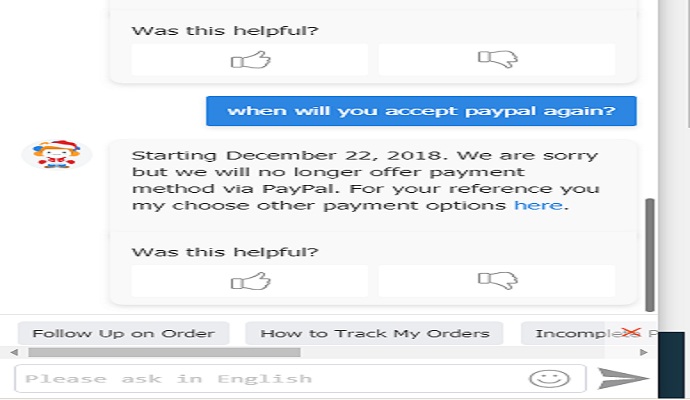
The general idea behind start-ups is: high risk, low investment, huge boom. Focusing on the first part, it’s rather obvious that start-ups are risky businesses, which is why the common misconception of these companies being designed to fail is running around. A proper start-up, however, is a bold move and is all about venturing into the unknown, tackling all the difficulties in order to survive and become a strong business. In order to achieve the dream of every start-up, it has to survive the first year, which is, without a doubt the hardest.
Start-ups Prone to Attacks
So what makes start-ups so attractive to attackers? Well, first of all, start-ups are easy targets – in order to boost your business, which is doubtlessly crucial in startups, you need to make your online presence – having a website so as to conduct transactions in the world of business is of essence. However, most start-ups cannot afford hiring a security tech company, so their websites are quite vulnerable to attackers. Even the seemingly benign attacks that end up with no information and data being stolen can render a start-up website down for weeks and slow down a new, unstable business.
Some attackers do not specifically aim for start-ups, but large conglomerates are doing business with an increasing number of small companies – a start-up can serve as a gateway to large corporations.
The First Year of Doing Business
An owner of a start-up might think that the fact that they are new in the market means that they have at least some time on their hands before being in the scope of attackers. However, the hackers tend to aim at capitalizing on new businesses and attacks are to be expected almost immediately after a startup’s inception.
Spam emails are the most obvious source of malicious links that may compromise your data, but the attacks can take many additional forms. Cybercriminals are patient and quite diligent – they may choose to implement their attack covertly; thus a con might be prolonged taking months-on-end. For example, during the first couple of months, a start-up is likely to receive a few malicious messages. By the time the business is 5 months old this number of messages increases to dozens and in ten months’ time the messages will probably expand throughout the company. If a single employee uses their username to sign up to a forum or blog used by hackers with a sole purpose of gathering email addresses, you are already somewhat compromised. All it takes now is to commence the attack and your company won’t know what hit it.
How to Protect Your Start-up
Luckily, precautionary measures are present, which can help you prevail in the risky world of start-ups.
- Anti-malware software – It is crucial that you protect your start-up from the very beginning. However, quality anti-malware software tends to be somewhat costly, so perhaps think about loaning the money, perhaps by means of invoice loans, which have helped many businesses to grow, throughout Australia.
- Know what needs protection – Not every start-up needs the same amount of Internet protection – a start-up burger shop doesn’t have excessive online protection needs, but a small financial service company will require knowing where their data is stored.
- Make your online activity secure – Protect your website with strong authentication and Secure Sockets Layer (SSL). An SSL certificate will help you authenticate websites that you and your employees visit.
Protecting your start-up during the first year should go without saying, but doing so within the first month is perhaps the smartest way to go. Although you may think that your small company is insignificant to the cybercriminals, rest assured that it’s the small targets that they prey upon, both because start-ups are easy to hack and because they are gateways to larger companies.









DISCLAIMER: The information provided on InvestmentTotal.com is for general informational purposes only. The content on this website is not intended to be, and should not be construed as, professional financial advice.